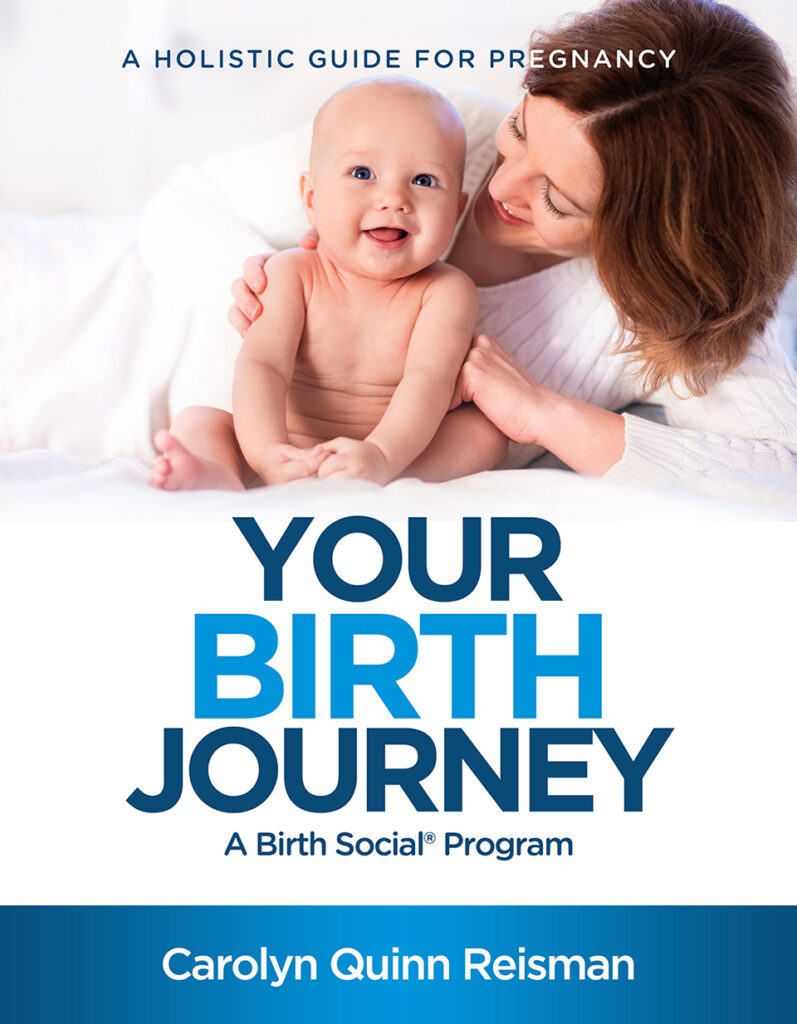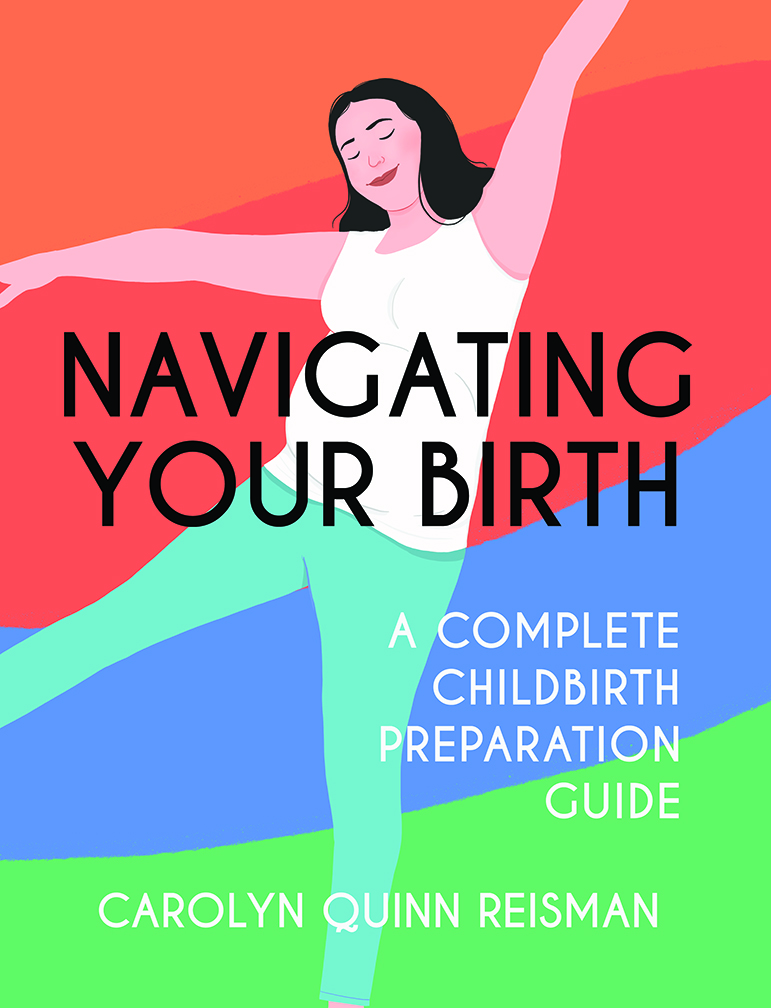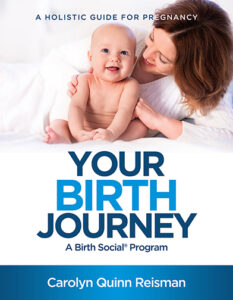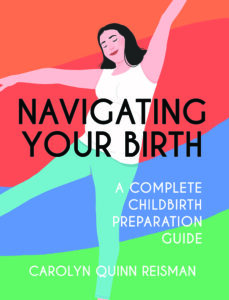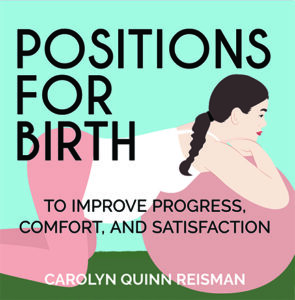The most challenging assumption that parents make when a midwife asks them to hire a doula is, “Why hire a doula when I have a midwife?” Some midwives will tell you, “We can’t imagine a time when you need more support than when you have a natural labor and childbirth at home.”
What Is The Difference Between a Midwife and Doula?
Midwives are healthcare professionals who have undergone comprehensive midwifery training, often taking years. The Certified Professional Midwife (CPM) is issued her certificate through the North American Registry of Midwives (NARM) after extensive education, supervised clinical experience, and a written exam.
As of 2020, CPMs have a path to licensure in 34 states. The majority of CPMs attend births in a mother’s home. In some states, they work in birth centers. In states that have no regulations, many midwives often opt to practice.
Certified Nurse-Midwives (CNM) are required to get a bachelor’s degree in nursing before going on to a master’s program in nurse-midwifery. They are licensed to practice in every state.
Midwives are involved in critical decision-making at your birth. At various points in your labor, their attention has to turn toward monitoring the baby’s fetal heart rate, checking vitals of mom, and assessing mom’s and baby’s health and safety. The midwife’s job is to comprehend the range of normal maternal, fetal, and neonatal well-being, diagnose factors that may adversely affect the well-being of mother or baby, and manage skilled emergency interventions if needed. Your midwife will ease your worries with compassion and, at other times, offer a firm anchored voice of resolution. They are your midwives.
Doulas are not healthcare providers. They cannot perform medical procedures, make a diagnosis, or make decisions about your clinical care. Doulas offer labor support. Their training typically involves a 16-24 hour workshop, plus they are required provide labor support services for 2-5 women, read particular books, attend a breastfeeding and childbirth education class, and more. Doulas are not regulated (so far) in any state to practice, as their skills pertain to support.
Your doula will show up at your home often hours before the midwifery team. She brings an entire toolbox of ideas, tricks, and techniques to help you through the labor process paired with reassurance and a calm voice that whispers, “You can do this.” A doula focuses on comfort measures, offering drinks, making small meals for mom, tidying up the birth room, and providing one-on-one continual physical and emotional support.
She is also the person who can stay with you during a nighttime labor so that your midwife can get some rest. You will appreciate an alert midwife at any critical point in your labor and birth. Additionally, your midwife has more than one family to care for and needs to conserve her energy as much as possible for everyone.
What Other Services Do Doulas Offer?
Many doulas offer specialties, such as childbirth education classes, placenta encapsulation, and postpartum doula services. If they teach childbirth education, ask if they have taken the workshop that leads be becoming a Spinning Babies® Certified Parent Educator. Some doulas write blog articles on a variety of helpful tips for pregnancy and moms-to-be. Really, they are a great resource and confidant during pregnancy and after bay is born.
My feelings. Everyone should have a doula.
Can My Best Friend, Sister, or Mother Be My Doula?
Many women would prefer to have a friend or relative be their doula, which is desirable for loving and emotional support. However, research has found that loved ones often cannot provide the same level of support that a trained doula can afford – even if your mother, sister or best friend is a trained doula. That is because this select group of people may not be able to be objective.
As a midwife, I can say for certain that I would not be a good midwife for my daughter. I would not and did not want the responsibility of making decisions. My two beautiful grandsons were born with the help of a hired midwife and my helping hands. But, first and foremost, I got to be my daughter’s mother – not her midwife. I got to relish in my daughter giving birth to her children.
Does that mean you should not have your friend or relative be a doula? No. It means you should ask this question: “Will this person that I love be able to remove their “mom,” “sister,” or “friend” hat and be at my side every step of the way with 100 percent positive support, knowledge, and the ability to be objective?”
Is a Doula Beneficial if I Have Already Had a Baby?
Yes! All women can benefit from having a doula, including women who have had one or more unmedicated vaginal births, women who have had epidurals, or women who have had a cesarean section. Each woman needs to evaluate her support team. Talk to your partner and midwife about the unique support you may need during labor and birth. You may find that a doula is a perfect fit.
How Do I Find a Doula?
Talking to friends or going online may be a great way to find a doula. Ask for recommendations of doulas they used and why they loved them. Yes, women love their doulas and their midwives!
You can often find local doulas online simply by typing in doula (and your city). Another way to find a doula is to go to doula organizations and look for their certified instructors, by state.
- Birth Arts International
- Birth Boot Camp
- Childbirth and Postpartum Professional Association (CAPPA)
- Doulas of North America (DONA)
- National Black Doulas Association (NBDA)
- Pro Doula
Does My Doula Need to be Certified?
Not at all. I have worked with fabulous, experienced doulas who have devoted their lives to assisting mothers. A few important questions to ask a doula and yourself are:
- How much experience do you have?
- What kind of time will you spend with me prenatally, during the birth, and after baby arrives?
- What kind of comfort measures do you assist with?
- What do you love about being a doula?
- How do you support my partner during birth?
- Do you have someone who backs you up in case you can’t make it?
- What is included in your fee?
- What are your policies surrounding time, phone and email support, and postpartum support?
- How would you describe yourself as a doula?
- Would you say you offer a more hands-on or a quiet suggestion approach?
And for you: Do you feel comfortable with the doula you are interviewing?
Preferred Doula
Keep in mind that your midwife may have a relationship with a doula she prefers to work with. During the birth of your child, you ideally want a cohesive team that knows each other and works well together. Ask your midwife if she has a list of doulas that would be a good fit for your birth team. Also, let her know if you have your mind set on someone that is not on her list. It might be nice for the midwife and doula to meet each other at one of your visits.



